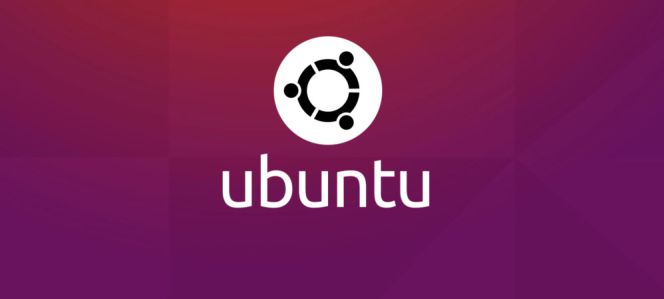In the realm of operating systems, one name stands out as the go-to choice for software developers worldwide: Ubuntu, a Linux-based operating system. In this article, we’ll explore why Ubuntu/Linux has earned its reputation as the preferred OS for software developers and what makes it so unique.
The Linux Legacy
Linux, the open-source operating system kernel created by Linus Torvalds in 1991, laid the foundation for a world of operating systems. Ubuntu, a Linux distribution, emerged with a vision to make Linux accessible to everyone. Since then, it has evolved into the developer’s dream OS.
Open Source Philosophy
At the core of Ubuntu/Linux’s appeal is its open-source philosophy. This means the entire OS is open for inspection, modification, and redistribution, which is perfect for developers who value transparency and control over their environment. The open-source nature encourages collaboration and innovation, as users can contribute to the operating system itself or create their distributions tailored to specific needs.
Package Management
Ubuntu’s package management system, driven by APT (Advanced Package Tool), is a hallmark of Linux distributions. It simplifies software installation, updates, and dependency resolution. Software can be easily installed from the official repositories, and developers can create and share their packages, ensuring a vast collection of development tools and libraries is always at your fingertips.
Development Tools
Ubuntu/Linux comes with an extensive suite of development tools and libraries pre-installed or easily accessible through package managers. Programming languages like Python, Ruby, Java, and C/C++ are readily available. Additionally, popular integrated development environments (IDEs) like Visual Studio Code, PyCharm, and Eclipse can be installed effortlessly.
Terminal and Shell
The command-line interface in Ubuntu/Linux is a developer’s best friend. With powerful shells like Bash, Zsh, and Fish, developers can automate tasks, manage files, and navigate the system efficiently. Tools like Git, Docker, and SSH are tightly integrated, streamlining version control and containerization.
Containerization and Virtualization
Ubuntu is the preferred OS for many containerization and virtualization technologies, such as Docker and KVM. These technologies are invaluable for software development, as they allow developers to create isolated, reproducible development environments and test applications in various setups.
Strong Community and Support
The Ubuntu community is known for its strong support and extensive documentation. Forums, mailing lists, and tutorials are readily available for troubleshooting and learning. Ubuntu’s LTS (Long Term Support) releases offer stability and long-term support, making it an ideal choice for development environments.
Cloud Integration
Ubuntu/Linux is widely used in the cloud computing world. Its compatibility with cloud platforms like Amazon Web Services (AWS), Microsoft Azure, and Google Cloud Platform (GCP) ensures a seamless transition from development to deployment.
Security and Stability
Ubuntu’s focus on security and stability ensures a reliable environment for software development. Regular updates and patches keep the system secure, while the stability of LTS releases ensures a dependable development platform.
Conclusion
Ubuntu/Linux’s status as the go-to OS for software developers is well-earned. Its open-source nature, package management, extensive development tools, strong community support, and cloud compatibility make it a natural choice for developers seeking control, flexibility, and efficiency in their development workflows. As the software development landscape continues to evolve, Ubuntu/Linux adapts and remains the definitive operating system for those who create and innovate.
